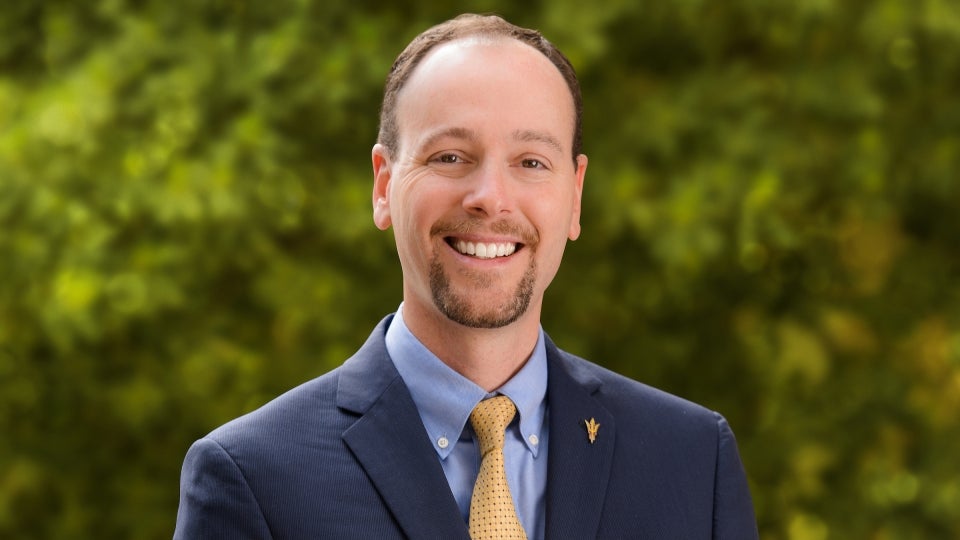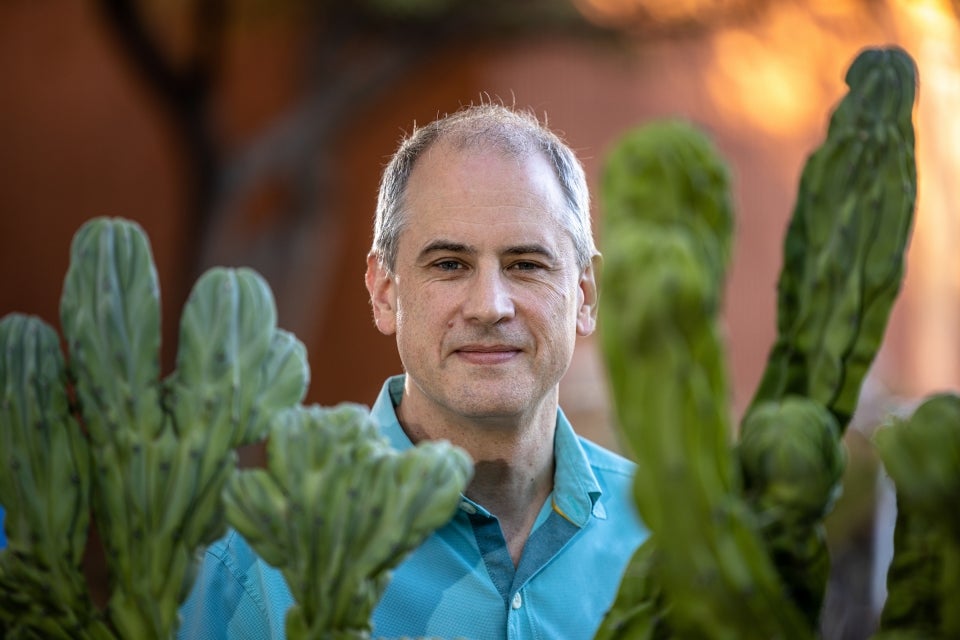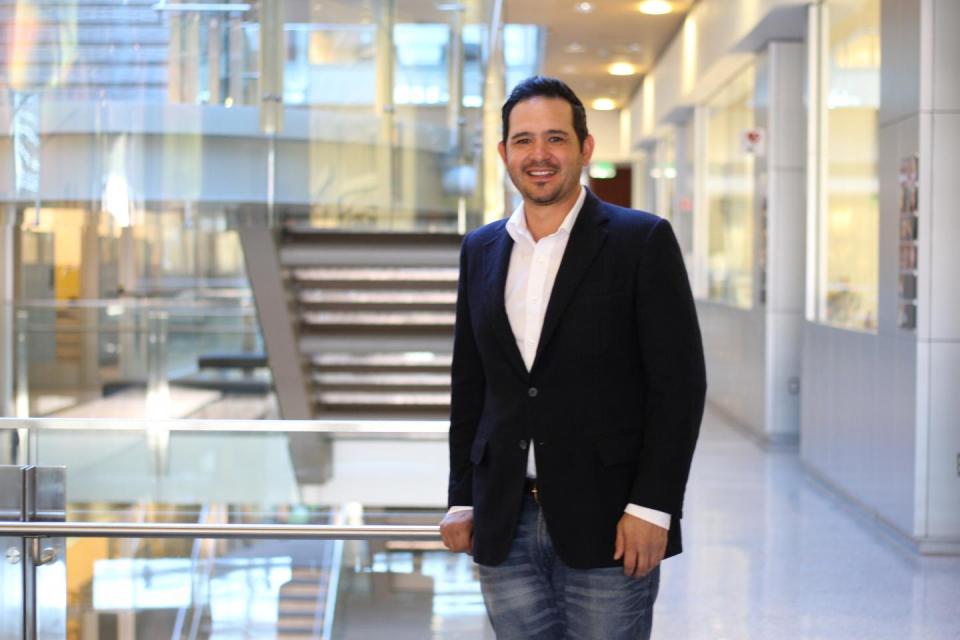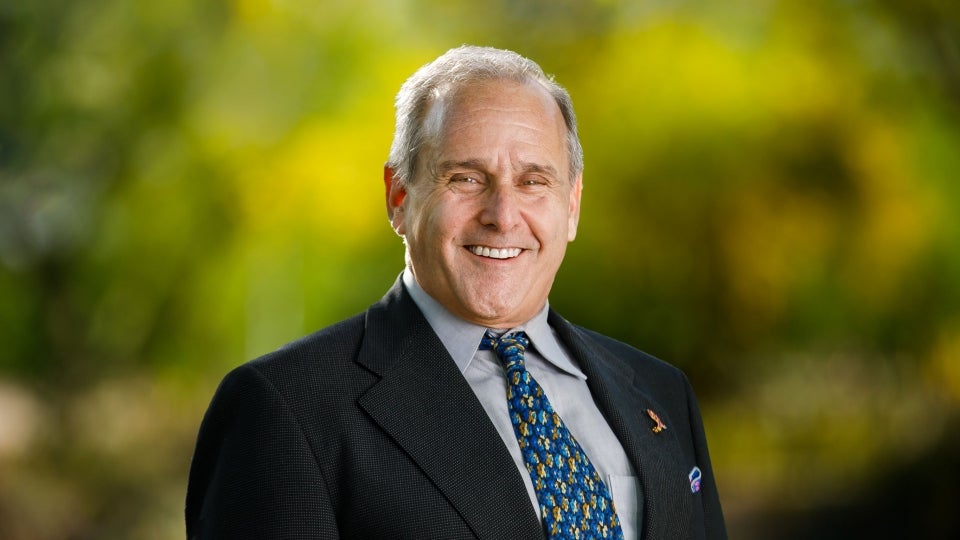Cheryl Nickerson’s research is aimed at improving the health and well-being of astronauts by understanding the impact of spaceflight on microbial responses that lead to infectious disease. The Nickerson lab’s goal is to better understand how the unique environment of low Earth orbit in outer space, or microgravity, can affect bacteria in space, which could pose a major risk to astronauts and the long-term human colonization of space, or onboard the International Space Station. For more than two decades, Nickerson’s lab has worked with NASA and Space X to perform experiments onboard spaceflight missions. Her team was the first to demonstrate that bacteria can actually become a better pathogen in space to cause infectious disease, becoming more robust and more resistant to the immune system and apply 3-D tissue culture analogs to study bacterial pathogens in the lab. Ultimately, they hope to translate their results to better treat infectious diseases on Earth.
Nickerson is a recipient of the Presidential Early Career Award for Scientists and Engineers (PECASE), NASA’s Exceptional Scientific Achievement Medal, and founding Editor-in-Chief of Nature Microgravity.
Arizona State University expert directory

Cheryl Nickerson
Search for ASU experts
In the news
The key to this research is the novel way that cells adapt and respond to the unique microgravity environment of spaceflight. We can use the innovative research platform of the International Space Station to contribute to these new translational advances for the development of new strategies to globally advance human health
— Cheryl Nickerson, ASU Now
Space News
National Geographic
The Wall Street Journal












